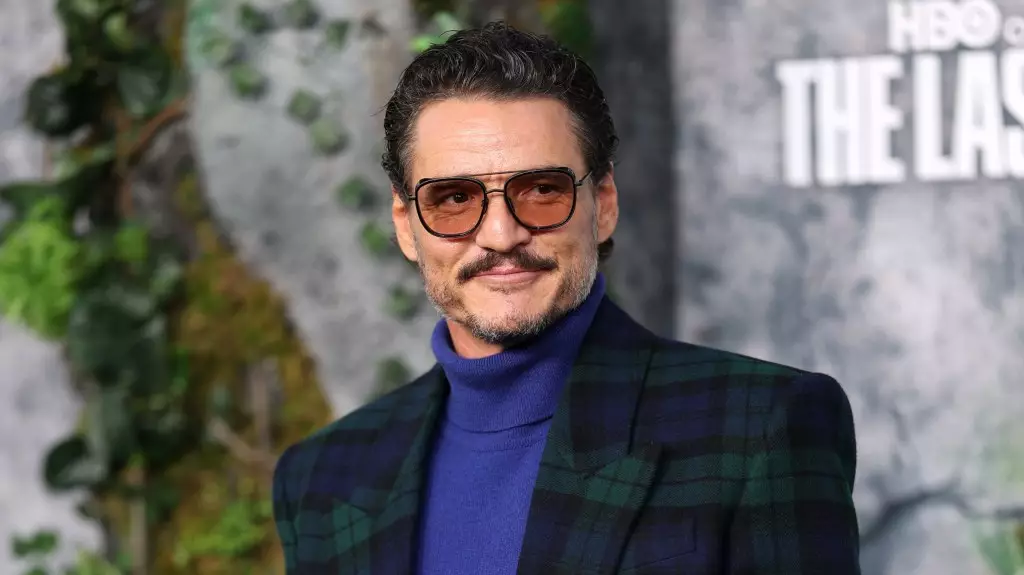Pedro Pascal stands at an intriguing junction in his career as he ventures into the realm of superhero films with “The Fantastic Four: First Steps.” His sentiment of intimidation resonates deeply; it’s not just another role, but rather a pivotal moment where he is tasked with embodying Reed Richards, the quintessential figure of intellect and leadership among Marvel’s First Family. This latest adaptation is the fourth stab at bringing the beloved comic characters to life on the big screen, and the burden of legacy weighs heavily on both Pascal’s shoulders and those of the film’s creators.
Past adaptations have floundered, despite lofty ambitions, and the need for success here can’t be overstated. The stakes are undeniably high for a franchise that fans have waited eagerly to be treated with the respect it rightfully deserves. The narrative twist of setting the story in a retrofuturistic 1960s parallel universe adds layers of complexity and an exhilarating potential for innovation, but with that comes the anxious expectation that is sure to come from audiences longing for something fresh yet familiar.
Vulnerability in Stardom
Pascal’s honesty about his fears showcases a vulnerability that is refreshing in a world where bravado often reigns supreme. Intriguingly, he points to past experiences in iconic projects, likening the anxiety he felt during casting to moments in “Game of Thrones,” “Narcos,” and “Star Wars.” These are not just big names; they are beacons of pop culture, each with fervent fan bases and overwhelming expectations. One cannot help but admire Pascal’s penchant for authenticity. Amidst pressure, he seeks to balance personal expression and the demands of a well-established narrative universe.
This perspective raises the question: Is it possible for stars like Pascal to authentically navigate their roles while also appeasing an anxious fanbase? The conundrum is complex—actors are often expected to mold themselves into archetypes cherished across generations, yet they must also infuse the character with their personal interpretation and emotional depth.
Redefining Iconic Characters
Co-star Joseph Quinn adds another layer of intrigue by asserting a conscious evolution of the character Johnny Storm, or the Human Torch. His comments about the character’s modernized portrayal hint at a cultural recalibration, steering clear of tropes that were once deemed acceptable. Quinn’s remarks suggest a sensitivity to contemporary mores, moving toward a narrative that values self-awareness over reckless bravado. This shift reflects a growing trend within the industry—an acknowledgment that the misogynistic notions that may have fueled past incarnations of such characters no longer resonate with today’s audiences.
Marvel’s willingness to embrace this evolution points towards a broader narrative responsibility. Given the significant influence of superhero narratives on societal values, it’s crucial that these stories adapt to reflect progress. This adaptation, however, must be careful not to trivialize the source material or its legacy.
Expectations vs. Reality
As Pascal and his colleagues prepare for the cinematic unveiling, the anxieties he expresses must not be dismissed lightly. Fans have been burned before; they’re skeptical, yet hopeful. The journey that lies ahead is fraught with potential greatness but also the risk of disappointment. This evolution in storytelling, propelled by actors willing to embrace their fears and champion progressive change, echoes a crucial turning point in cinematic history. The ultimate test will rest in how authentically and effectively they can navigate this space—balancing the legacy of their characters with the need for modernity.


Leave a Reply